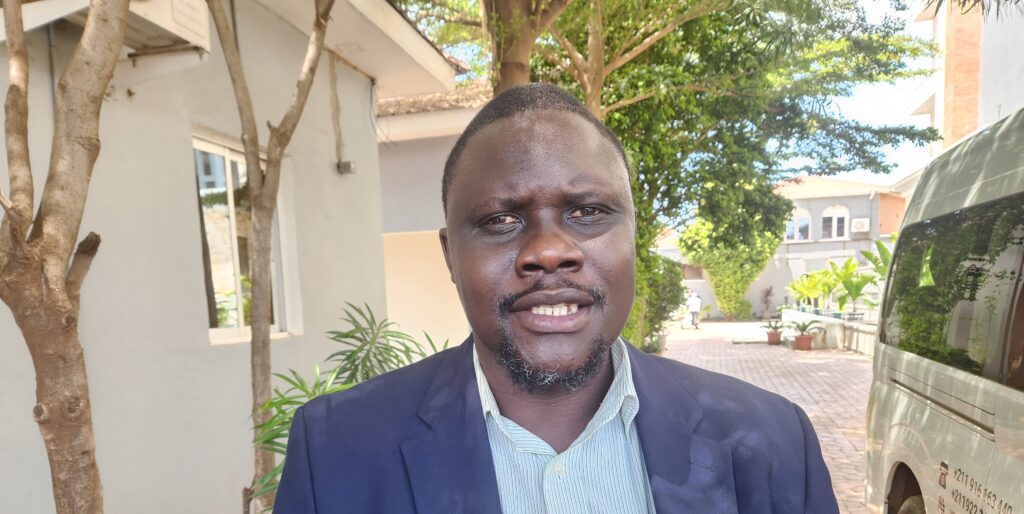The private sector can be a transformative force in addressing South Sudan’s interconnected challenges of conflict, climate change and gender inequality, according to a new report unveiled Monday.
The report from the Institute of Social Policy and Research argues that businesses, working with the government and civil society, are critical to solving pressing social and environmental problems in the world’s youngest nation.
The study, titled “Strengthening Local-Led Intersection Between Peace, Climate Change, and Gender,” is based on 18 months of research in the Budi, Kapoeta East, Kapoeta South and Ikwoto counties.
Boboya James Edmond, chief executive officer of the institute, said the research assessed whether businesses in the region operate under policies that promote women’s participation and sustainable development.
“Our research provides a strong understanding of the private sector’s role in these communities,” Edmond said at the report’s launch in Juba.
The study found high levels of conflict linked to natural resource management, including disputes over land, water, poaching and gold mining. It also highlighted pervasive gender-based violence, with more than 400 cases reported in 2023 and over 300 so far in 2024.
Researchers also noted a rise in suicide rates among women losing access to economic resources, a problem exacerbated by climate change and societal pressures.
Edmond stressed the need for collaborative approaches involving parliamentarians, civil society and the private sector. He said lawmakers focused on agriculture, environment, livestock and peacebuilding have a critical role in promoting inclusive resource management.
The report calls for greater participation of women, youth and people with disabilities, recognizing them as central to sustainable change.
“By working together with these groups, we can achieve inclusive development and reduce conflict while addressing climate impacts,” Edmond said.
It recommends that private sector actors take responsibility for implementing the findings, particularly in raising awareness about gender-based violence, promoting equitable resource sharing and integrating local knowledge.
The study also suggests benchmarking with neighboring countries like Uganda and Kenya, where gender-sensitive policies have driven tangible results.
Unlike previous studies, Edmond said, this research focuses on practical implementation, with community structures already engaged in applying recommendations.
“Sustainability can only be achieved when findings are discussed in forums and adopted by local actors. Otherwise, it remains on paper,” he said.
Jackson Bako Charles, a member of parliament on the Committee on Environment and Forestry, described the study as comprehensive.
“It touches all dimensions: gender, climate change, and peace,” he said, adding that he would present the findings to his committee and urge parliament to take action.
Charles also highlighted the need to engage the security sector, noting environmental damage caused by soldiers collecting charcoal due to unpaid salaries. He suggested companies like telecom giant MTN could use their platforms to raise awareness.
Tut Thomas Simon, head of program at the South Sudan Council of Churches, emphasized the importance of community awareness and policy education. He recommended translating wildlife and environmental laws into local languages and bridging gaps between youth and policymakers.
“The goal is to ensure that policies are not just on paper but actively implemented, benefiting both communities and the government,” Simon said.




